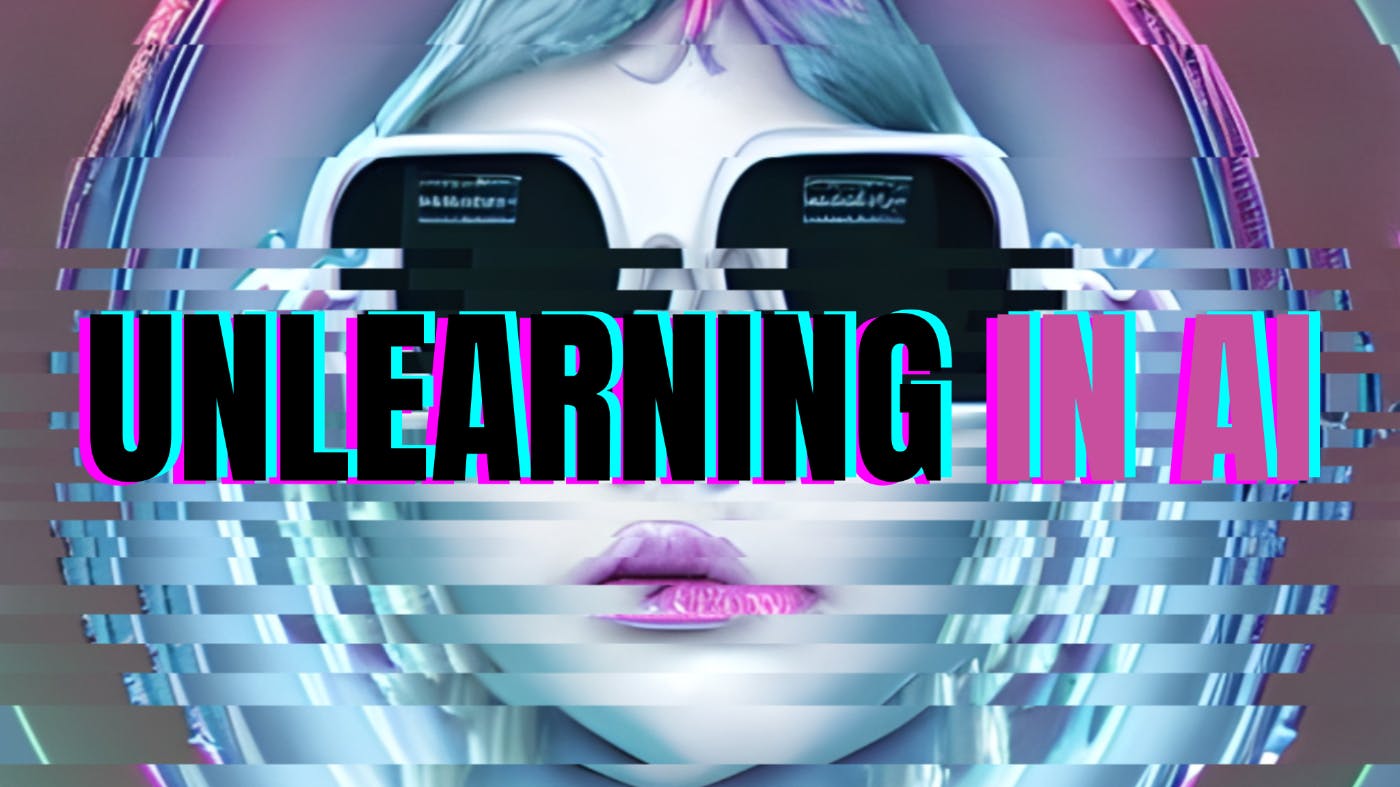416 reads
“Unlearning” in AI: The New Frontier Challenging Data Privacy Norms and Reshaping Security Protocols
by
October 26th, 2023
Audio Presented by

Focused on the open source software supply chain to build a better digital future for all of us.
Story's Credibility

About Author
Focused on the open source software supply chain to build a better digital future for all of us.
